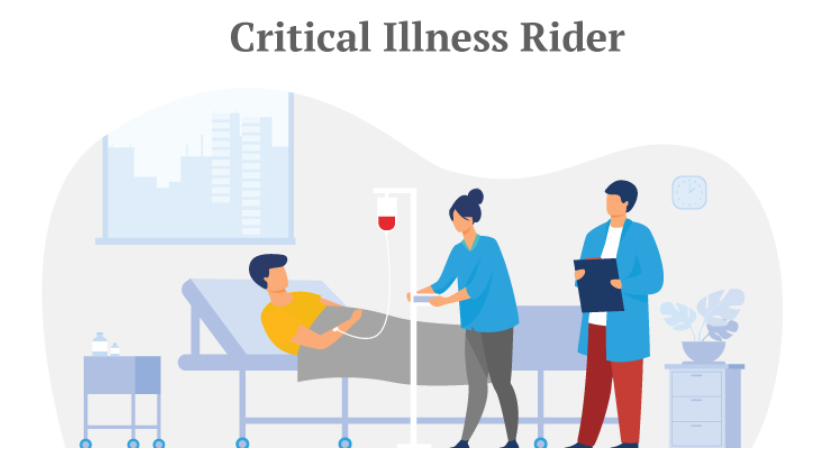The landscape of retirement planning in the United States has been complex and fraught with uncertainty for many years. The onset of the COVID-19 pandemic has added a new layer of concern, exacerbating the already challenging situation for American workers striving to secure a comfortable retirement. Recent data illuminates the multifaceted apprehensions and planning behaviors among various demographics.
A recent national survey by Harbor Life Settlements, which involved 1,700 U.S. adults spanning four generations, reveals diverse sentiments about retirement security and the impact of COVID-19. The findings highlight both confidence and significant concern about the financial implications of the pandemic on retirement plans.
Divergent Views on Retirement Preparedness
The survey indicates a stark division in retirement preparedness among American workers. Approximately 52% of working adults believe they are on track to comfortably cover post-retirement expenses. However, a notable 28% do not share this optimism, reflecting substantial anxiety about achieving financial security in their later years.
Confidence levels are markedly higher among current retirees, with 76% expressing assurance in their financial sufficiency to cover ongoing expenses. This confidence varies significantly by age group, with a robust 96% of retired Generation Xers and 91% of retired Millennials feeling financially secure, contrasted with only 60% of older retirees. This disparity suggests that individuals who opt for early retirement likely do so because of their financial ability to cover their needs comfortably.
Generational Optimism and Challenges
Younger adults exhibit a more optimistic outlook regarding their retirement savings. Among workers aged 18 to 25, 56% feel confident about their retirement preparations, slightly higher than the 51% among those over 25. This optimism among the younger cohort can be attributed to the compounding advantage of time, which significantly enhances the growth potential of their retirement savings.
Conversely, marital status also influences perceptions of retirement readiness. Married individuals tend to be more positive about their financial prospects than their single counterparts, possibly due to dual-income advantages and shared retirement planning strategies.
The Impact of COVID-19 on Retirement Plans
The pandemic has undeniably strained the retirement landscape, with 53% of survey respondents acknowledging that COVID-19 has adversely affected their retirement funds. Interestingly, younger adults are more likely to report financial strain due to the pandemic compared to older adults, who seem less affected. This could be linked to higher unemployment rates among younger demographics during the pandemic.
Married individuals and parents report greater concern over the impact of COVID-19, possibly because of their broader financial responsibilities. In contrast, retirees are experiencing significant financial strain, with many worried about the long-lasting effects of the pandemic on their retirement funds.
Reliance on Social Security
Social Security remains a cornerstone of retirement funding for many Americans. Over half of the survey participants rely or plan to rely on Social Security benefits, highlighting its critical role in American retirement planning. However, younger adults are increasingly counting on 401(k) plans, reflecting a shift towards more self-directed retirement savings strategies.
The Role of Health Savings Accounts
Despite the rising costs of healthcare, Health Savings Accounts (HSAs) are underutilized as a retirement funding source. This is surprising, given their triple tax benefit, which can significantly mitigate healthcare expenses in retirement.
Conclusions
The survey underscores a complex and varied retirement landscape marked by both confidence and significant anxiety. As Americans navigate the uncertainties brought on by COVID-19, alongside the traditional challenges of retirement planning, it becomes evident that flexibility and comprehensive planning are crucial. Ensuring a broad understanding of available retirement funding sources, such as Social Security, 401(k)s, HSAs, and life insurance, will be vital for future retirees aiming to secure financial stability in their golden years.



